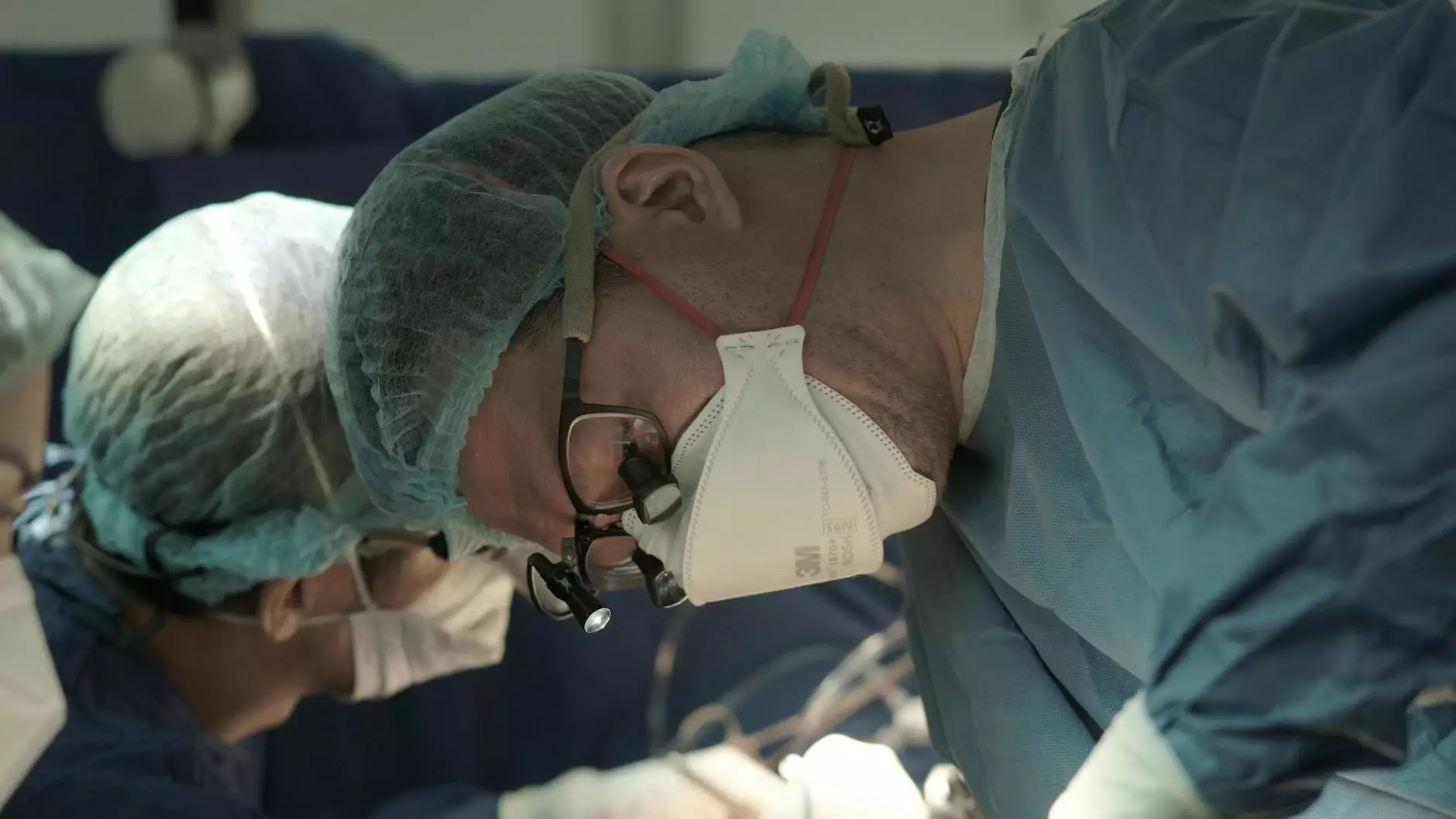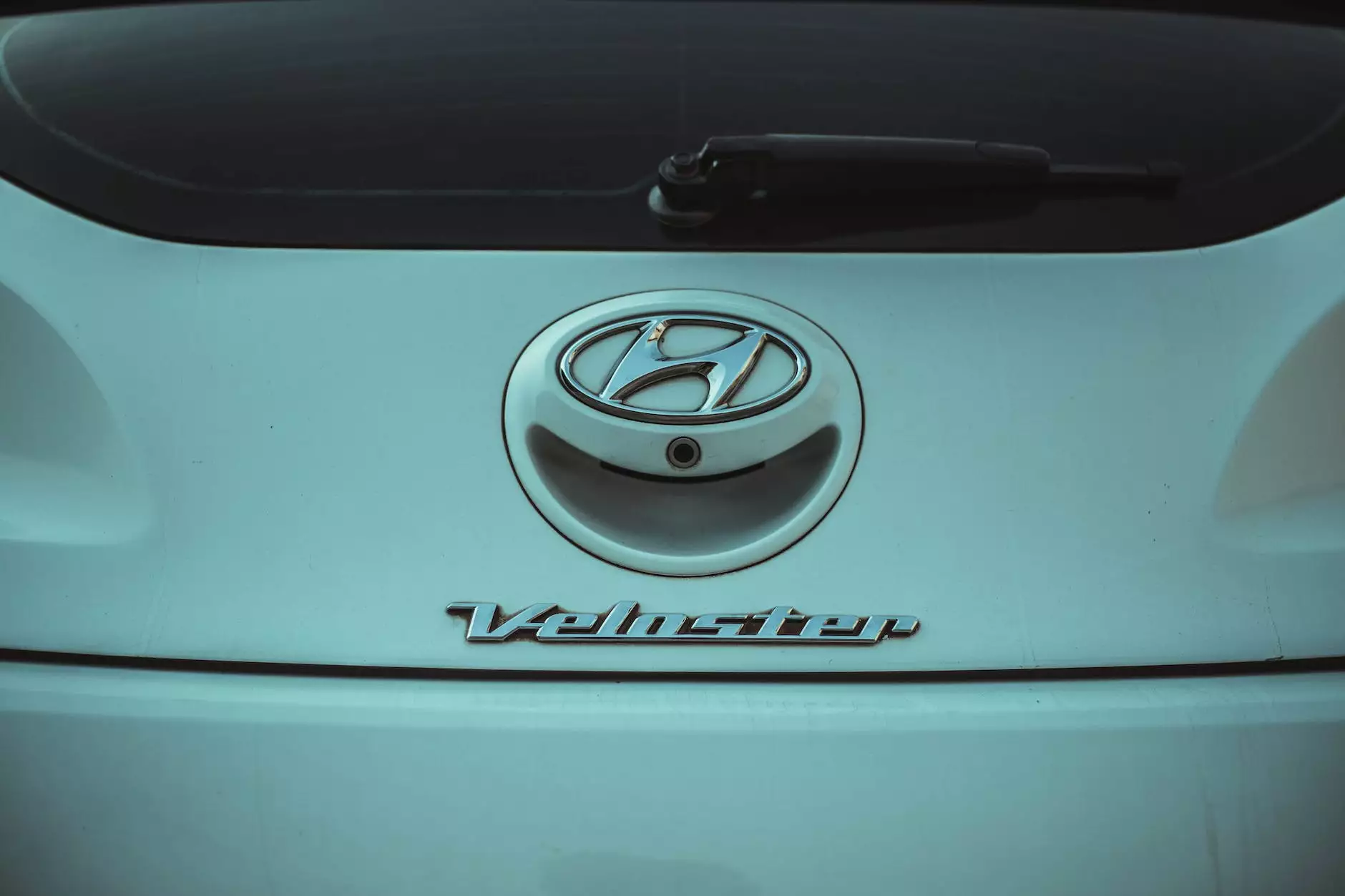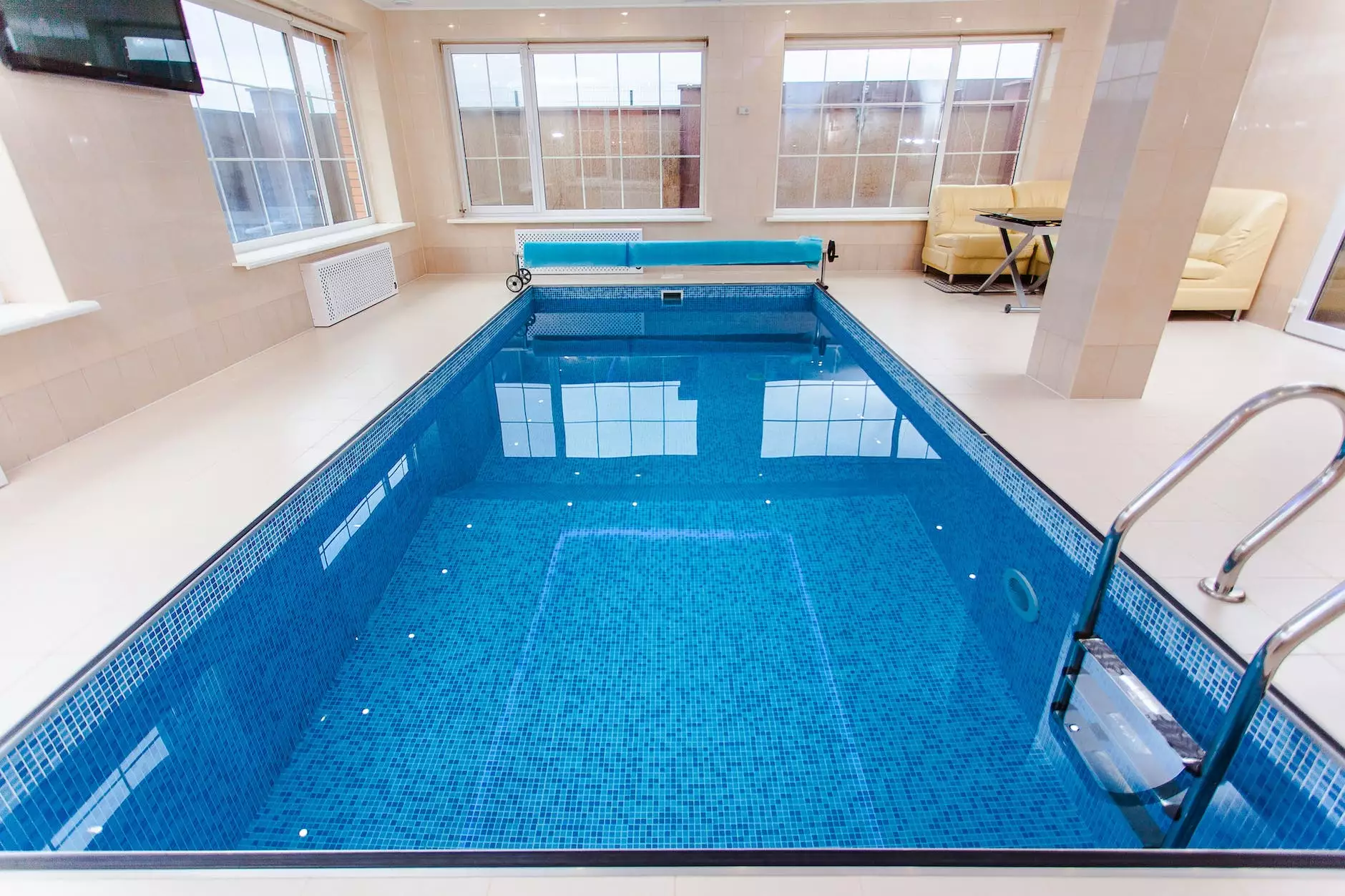Understanding Jaw Realignment Surgery Cost: A Comprehensive Guide

What is Jaw Realignment Surgery?
Jaw realignment surgery, also known as orthognathic surgery, is a transformative procedure that corrects various jaw and facial abnormalities. It aims to realign the jaw for both functional improvements and aesthetic enhancements. Problems that may necessitate this type of surgery include misaligned teeth, difficulty in chewing, or even obstructive sleep apnea.
The Importance of Jaw Alignment
Proper jaw alignment is crucial for a variety of reasons:
- Functional Improvement: Enhanced chewing efficiency and improved speech.
- Health Benefits: Reduction in symptoms such as jaw pain and headaches.
- Aesthetic Value: Improved facial symmetry and overall appearance.
- Mental Well-being: Boost in self-esteem and confidence.
Factors Influencing Jaw Realignment Surgery Cost
The cost of jaw realignment surgery can vary significantly based on several factors:
1. Geographic Location
The price can differ depending on where the surgery is performed. Urban centers or areas with a high cost of living may charge more than smaller towns or rural locations.
2. Surgeon’s Expertise
The experience and reputation of the surgeon play a pivotal role in the overall cost. Highly regarded surgeons with extensive experience may charge premium fees.
3. Type of Procedure
There are various types of jaw realignment surgeries — from simple procedures to more complex reconstructions. The complexity of the procedure directly impacts the cost.
4. Facility Fees
Different medical facilities have different pricing structures. High-quality hospitals may charge more, but they often offer a higher standard of care.
5. Insurance Coverage
Some insurance companies may partially cover the costs associated with jaw realignment surgery, particularly if it is deemed medically necessary. Checking with your insurance provider to understand your benefits is vital.
Estimated Costs of Jaw Realignment Surgery
On average, the total jaw realignment surgery cost can range from $20,000 to $40,000. This amount includes surgeon fees, facility fees, anesthesia, and postoperative care. Here’s a breakdown:
- Surgeon Fees: Typically between $10,000 and $20,000.
- Facility Fees: Around $5,000 to $10,000.
- Anesthesia Costs: Approximately $1,000 to $2,000.
- Postoperative Care: Can vary widely, typically $500 to $5,000.
What to Expect During the Consultation
During your initial consultation, the surgeon will conduct a thorough examination to assess your individual needs. Expect the following:
- Medical History Review: A discussion of any past medical conditions or surgeries.
- Physical Examination: An evaluation of your jaw alignment and facial structure.
- Imaging Tests: X-rays, CT scans, or 3D imaging may be used to gain detailed insights into your jaw structure.
- Discussion of Options: Your surgeon will present you with different surgical options that align with your goals.
Preparing for Surgery
Preparation for jaw realignment surgery is critical for ensuring optimal results. Here are some steps you should take:
- Preoperative Instructions: Follow all instructions given by your surgeon, including dietary restrictions and medication management.
- Support System: Arrange for someone to drive you home post-surgery and help you during the first few days of recovery.
- Healthy Lifestyle: Maintain a balanced diet and avoid smoking or excessive alcohol consumption to facilitate healing.
The Surgical Procedure
The realignment procedure usually takes several hours and is performed under general anesthesia. Here are the typical steps involved:
- Incisions: The surgeon may make incisions inside the mouth or externally, depending on the specific case.
- Bone Reshaping: The jawbone is adjusted and reshaped to achieve proper alignment.
- Fixation: The jaw is secured with plates, screws, or wires to maintain the new position.
- Closure: The incisions are then closed with stitches, and a bandage may be applied.
Recovery After Jaw Realignment Surgery
Recovery is an essential phase where your body heals and adjusts to the new jaw alignment. Key points include:
- Initial Recovery: Expect swelling and bruising; pain management may involve prescription medications.
- Dietary Adjustments: A soft-food diet is recommended for several weeks post-surgery.
- Follow-Up Appointments: Regular check-ins with your surgeon are crucial for monitoring the healing process.
- Physical Activity: Gradually ease back into physical activities as advised by your healthcare provider.
Long-Term Benefits of Jaw Realignment Surgery
The results of jaw realignment surgery can be life-changing. Some long-term benefits include:
- Improved Bite Functionality: A well-aligned jaw improves chewing capabilities.
- Reduction in Oral Health Issues: Aligned teeth help prevent future dental complications.
- Enhanced Facial Aesthetics: Significant improvements in facial structure contribute to overall self-esteem.
- Better Sleep Quality: Correct jaw positioning can alleviate obstructive sleep apnea symptoms.
Conclusion: Is Jaw Realignment Surgery Right for You?
Making the decision to undergo jaw realignment surgery is a significant step. Understanding the jaw realignment surgery cost, the procedure itself, and the benefits can help you make an informed choice. Always consult with a qualified oral and maxillofacial surgeon to discuss your specific situation.
If you're considering jaw realignment surgery, MediGlobus is here to assist you. With a vast network of top-notch medical facilities and experienced professionals, we can help you navigate your options. Our mission is to ensure that patients receive the best possible care tailored to their individual needs.
For more information about jaw realignment surgery, costs, or to schedule a consultation, visit us at MediGlobus.com.









